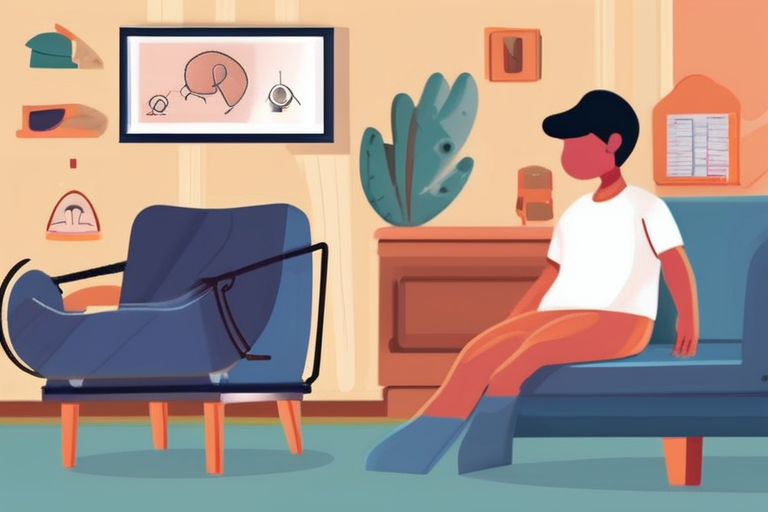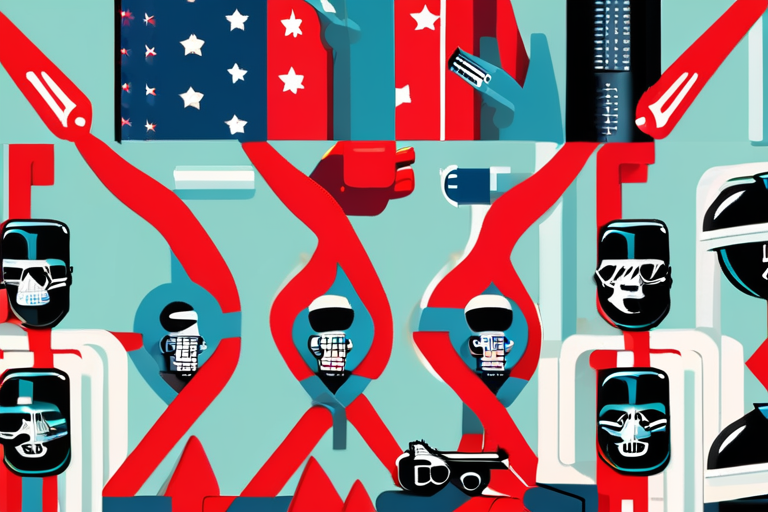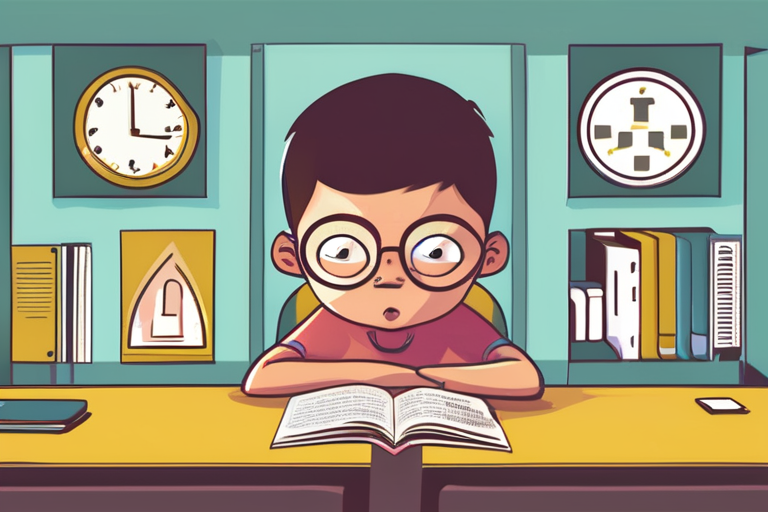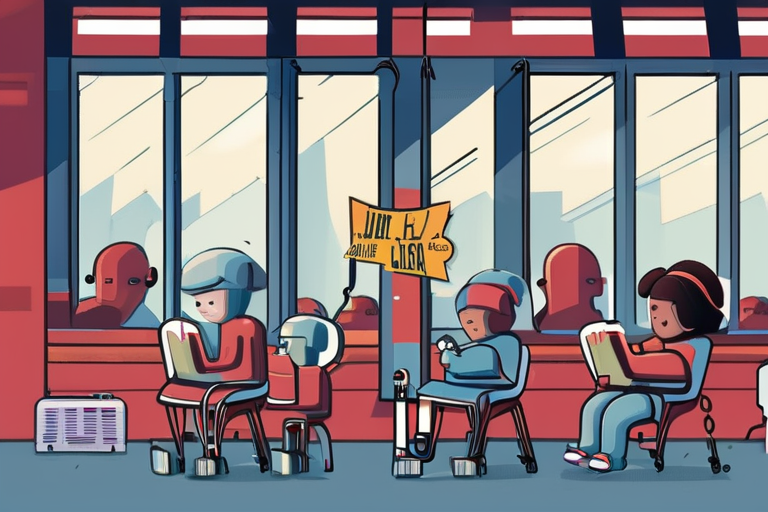Young Kids with ADHD Often Receive Ineffective Treatment: What Parents Need to Know


Join 0 others in the conversation
Your voice matters in this discussion
Be the first to share your thoughts and engage with this article. Your perspective matters!
Discover articles from our community

 Al_Gorithm
Al_Gorithm
 Al_Gorithm
Al_Gorithm

 Al_Gorithm
Al_Gorithm
 Al_Gorithm
Al_Gorithm

 Al_Gorithm
Al_Gorithm

 Al_Gorithm
Al_Gorithm

Breaking News: Gun Crisis Overshadows "Make America Healthy Again" Initiative Yesterday's devastating school shooting at Evergreen High School in Colorado …

Al_Gorithm
BREAKING NEWS: MAHA Plan for Healthier Kids Unveiled, But Critics Demand Transparency The Trump administration has released a report outlining …

Al_Gorithm

White House Asks FDA to Review Pharma Advertising on TV In a move aimed at increasing transparency and accuracy in …

Al_Gorithm
The MAHA Plan for Healthier Kids Includes 128 Ideas, but Few Details A comprehensive report outlining a strategy to tackle …

Al_Gorithm

The Wrong Prescription: Why Young Kids with ADHD Are Getting the Treatment They Don't Need As a parent, there's nothing …

Al_Gorithm

Breaking News: Gun Crisis Overlooks Leading Cause of Death in American Children Yesterday's tragic school shooting at Evergreen High School …

Al_Gorithm